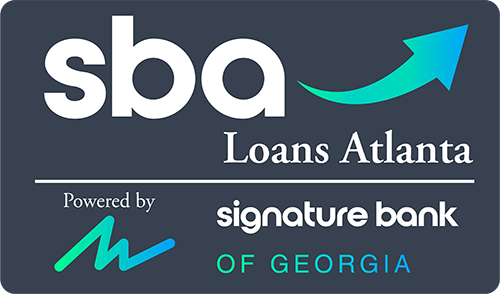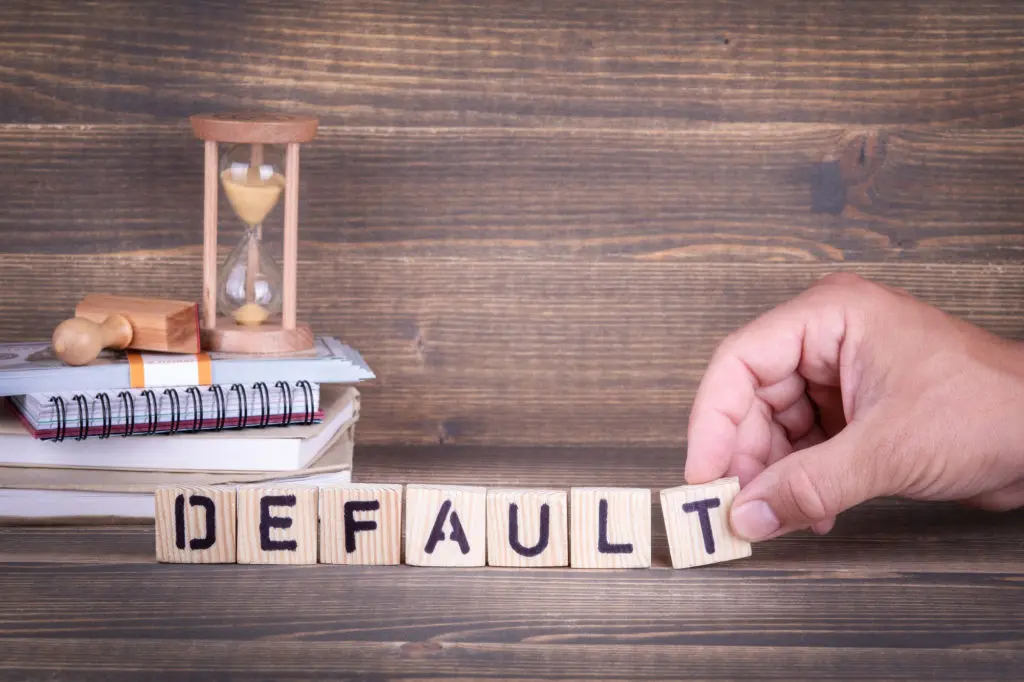Debt has become an increasingly normal part of American life. The ability to borrow money can offer huge opportunities to individuals, allowing them to purchase homes, go to college, buy cars, and start or grow businesses.
The average American has a fairly hefty amount of debt, averaging $90,460 when you consider all types of consumer debt products including mortgages.
Taking out loans can be a vital tool in long-term financial planning. However, it can have serious negative consequences when a person takes on more debt than they can handle. Beyond being incredibly stressful, falling behind on loan repayments can cause you to default on a loan.
What exactly are the consequences of defaulting on a loan? Let’s take a look at everything you need to know.
Defaulting on a Loan: What Does It Mean?
A loan will enter default if you don’t repay your lender within the timeline outlined in the initial loan agreement. Different loans will have different time frames before default kicks in.
Missing one or two payments shouldn’t send your loan into default. However, you might have to pay extra fees and you might find your loan is marked as “delinquent.” In most cases, you should be able to make a full payment within a reasonable timeframe in order to regain good standing.
If you aren’t able to repay what you owe in full by a certain date, though, your loan will be in default. For many creditors (but not all), if you don’t make a payment for 180 days they will assume that you don’t have intentions to pay. Depending on the lender, this might be when default occurs.
What Consequences Can I Expect If I Default on a Loan?
Your ability to borrow money from lenders is very dependent on your ability to prove your trustworthiness. When you breach a loan contract, it can indicate to future financial entities that you are a high-risk borrower. Before getting into the consequences associated with secured and unsecured loans, let’s take a look at the general consequences of a loan default.
Your Credit Score Will Suffer
There are a number of factors that come together to create your credit score. Your payment history is the most significant of these factors. If you’re late on a bill, lenders might report this to the credit bureaus.
If you fail to make loan repayments to the extent that your loan enters default, this will certainly be reported by your lenders. This means that you can expect your credit score to be lower.
The negative impact of a low credit score isn’t just abstract. It can make it harder to sign up for utilities, rent an apartment, buy insurance, find a job, qualify for a mortgage, and much more.
You Might Face Legal Issues
If you continue to avoid making loan repayments, unpaid debts might be sold by lenders to collection agencies. This can be quite expensive, damage your credit, and lead to legal issues. On top of that, it can be very unpleasant to have debt collectors contacting you.
A lender might even be able to take assets from you or garnish your wages if the case makes it to court.
Your Debt Might Increase
Defaulting on a loan can also mean that you owe more total money to the lender. Penalties and late payment fees might be applied to your loan. On top of that, you might have legal fees to deal with.
On top of this, compound interest can make your debt larger and larger. Your monthly interest charges will be added to your loan principal balance, thus increasing the amount of interest you’ll be charged in the future.
The Consequences of Defaulting on a Secured Loan
Secured loans are loans that have a form of collateral attached to them, such as your car or your home. If you default on a secured loan, the lender can reclaim the property that is used as collateral.
If you default on a home loan, for example, your home can be foreclosed on. On top of being kicked out of your house, you could still end up owing more money if the lender’s sale of the house doesn’t cover your debt.
When you default on an auto loan, your car could end up being repossessed by the lender. Just like with a mortgage loan, you could still be on the hook for more money if they don’t sell your car for as much as you owe.
The Consequences of Defaulting on an Unsecured Loan
Unsecured loans are loans that don’t have attached collateral. This means that lenders don’t have property they can reclaim in order to collect the money they’re owed. What they will do in these cases is take action to damage your credit as well as take legal action against you.
Are You Looking For a Loan That Fits Your Financial Needs?
As you can see, when you default on a loan the consequences can range from incredibly inconvenient to completely devastating and life-altering. For this reason, it’s important to take steps before defaulting on a loan to help avoid negative results including a damaged credit score, repossessed property, and legal issues.
At Signature Bank, our primary focus is the specific and individualized needs of the clients we work with. Whether you are interested in taking out a business loan or a personal loan, we are here to help you find a plan that fits your financial needs.
No matter what your loan needs are, we want to work with you. You can learn more about borrowing from Signature Bank here.


